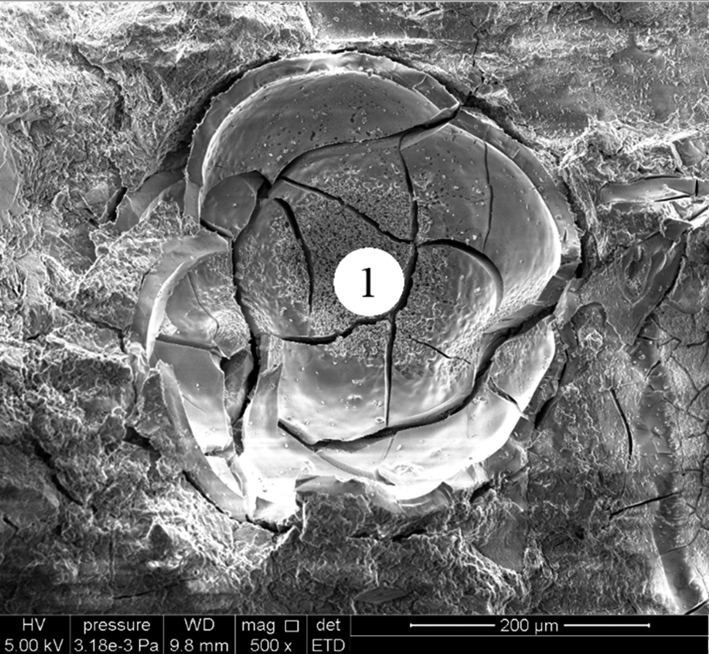Infulence of metahalloysite on mitigating alkali-aggreagte reaction in concrete
1
Faculty of Civil Engineering and Architecture, Kielce University of Technology, Poland
Submission date: 2024-07-11
Acceptance date: 2024-08-13
Publication date: 2025-09-16
Corresponding author
Anna Katarzyna Leks
Faculty of Civil Engineering and Architecture, Kielce University of Technology, Al. Tysiąclecia Państwa Polskiego 7, 25-314, Kielce, Poland
Faculty of Civil Engineering and Architecture, Kielce University of Technology, Al. Tysiąclecia Państwa Polskiego 7, 25-314, Kielce, Poland
Archives of Civil Engineering 2025;71(3):485-494
KEYWORDS
TOPICS
ABSTRACT
The durability of concrete structures can be compromised by alkali-aggregate reaction, a chemical process between the alkalis and reactive minerals within the aggregate. The reaction produces a gel of hydrated sodium-potassium-calcium silicate that expands in the concrete, deteriorating it. Adding mineral admixtures to concrete is recognized as a highly effective strategy to mitigate expansion due to alkali-aggregate reactions. This study investigated the use of a natural mineral admixture, metahalloysite, to mitigate the reaction effects. Expansion tests were conducted according to ASTM C441. The microstructure of the expanded specimens was examined using computed tomography and scanning electron microscopy coupled with X-ray microanalysis. The results showed that the 25% cement substitution with metahalloysite significantly lowered the swelling of the concrete specimens, keeping it within safe limits. Microstructural examination of the specimens without admixture showed numerous cracks in the aggregate grains, the presence of reaction products, and ettringite crystals. Specimens with admixture showed the presence of non-swelling sodium-potassium silicate gel and a dense C-S-H phase with a reduced C/S ratio.
Share
RELATED ARTICLE
We process personal data collected when visiting the website. The function of obtaining information about users and their behavior is carried out by voluntarily entered information in forms and saving cookies in end devices. Data, including cookies, are used to provide services, improve the user experience and to analyze the traffic in accordance with the Privacy policy. Data are also collected and processed by Google Analytics tool (more).
You can change cookies settings in your browser. Restricted use of cookies in the browser configuration may affect some functionalities of the website.
You can change cookies settings in your browser. Restricted use of cookies in the browser configuration may affect some functionalities of the website.




